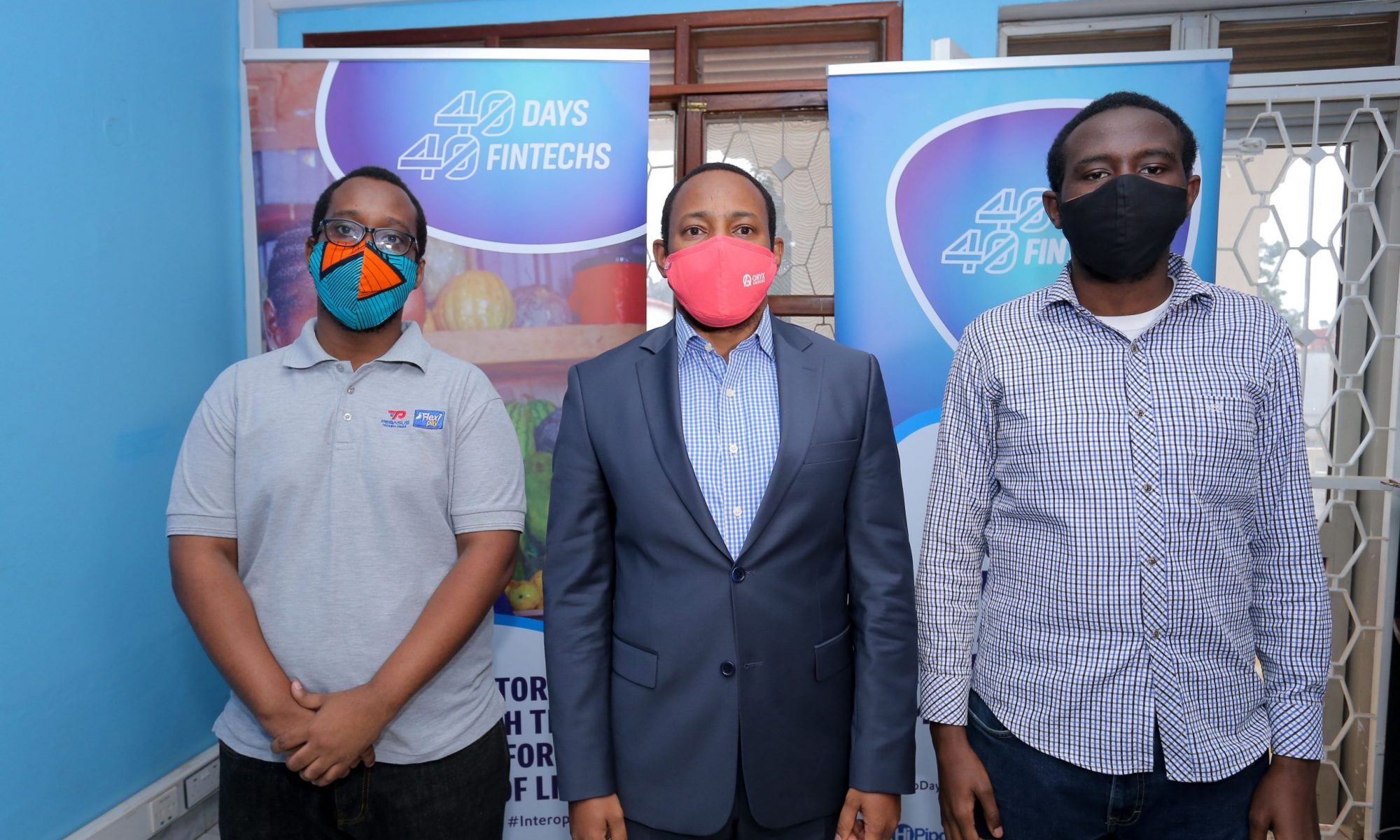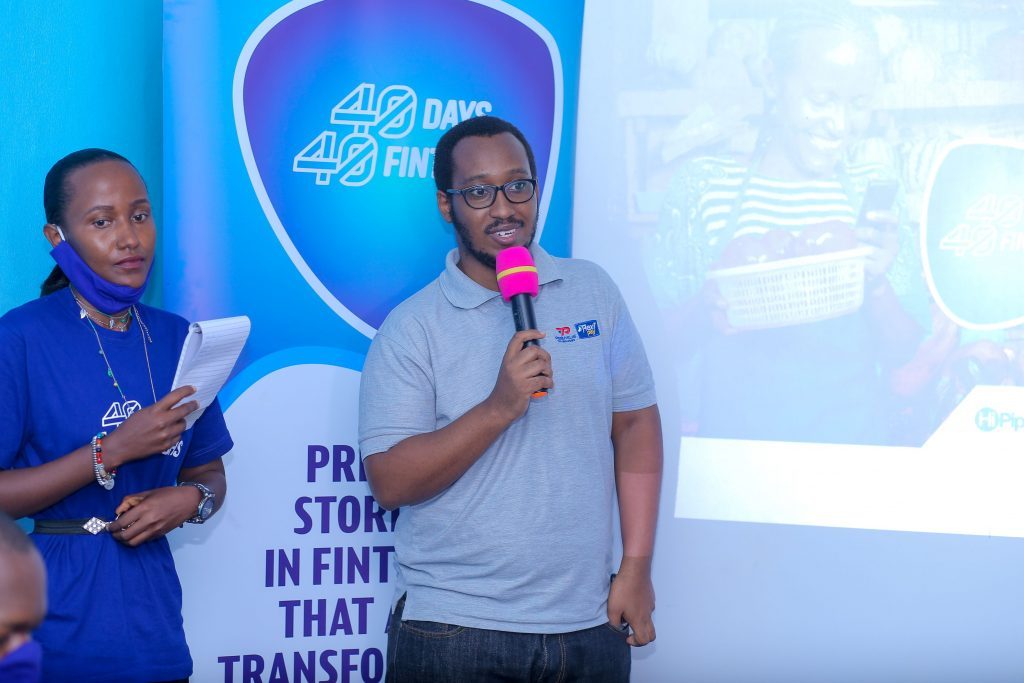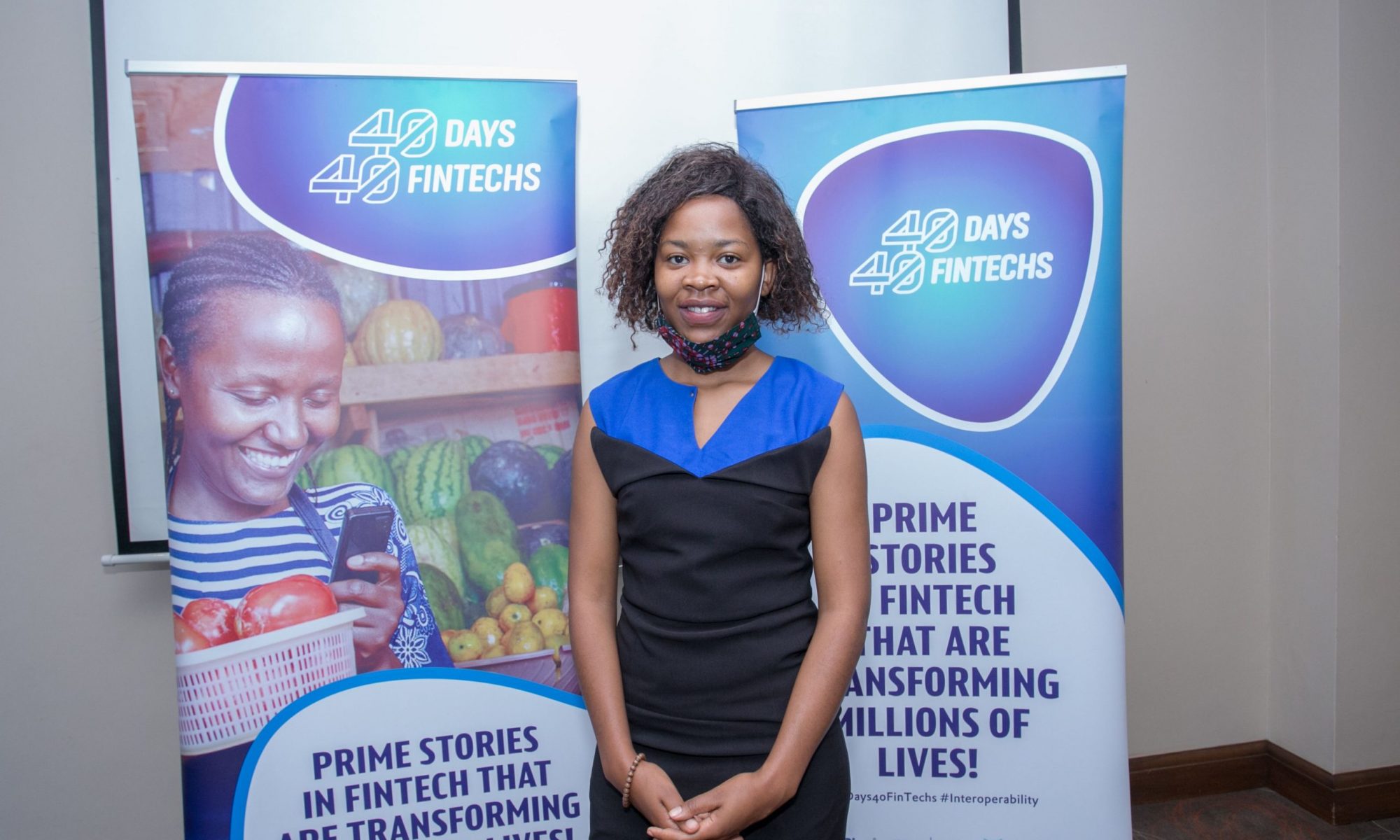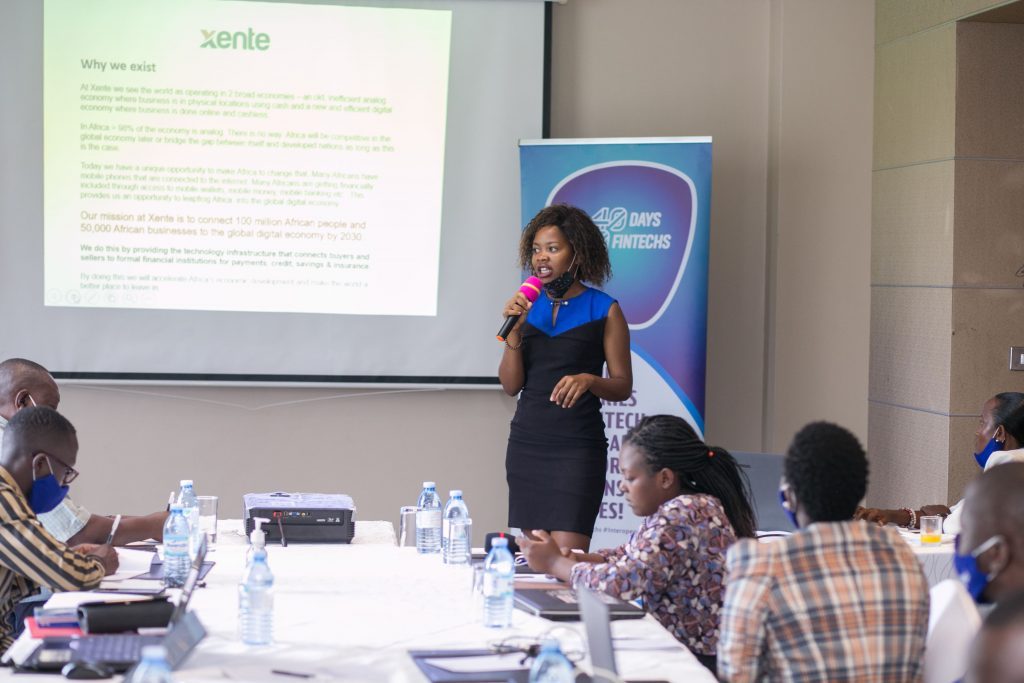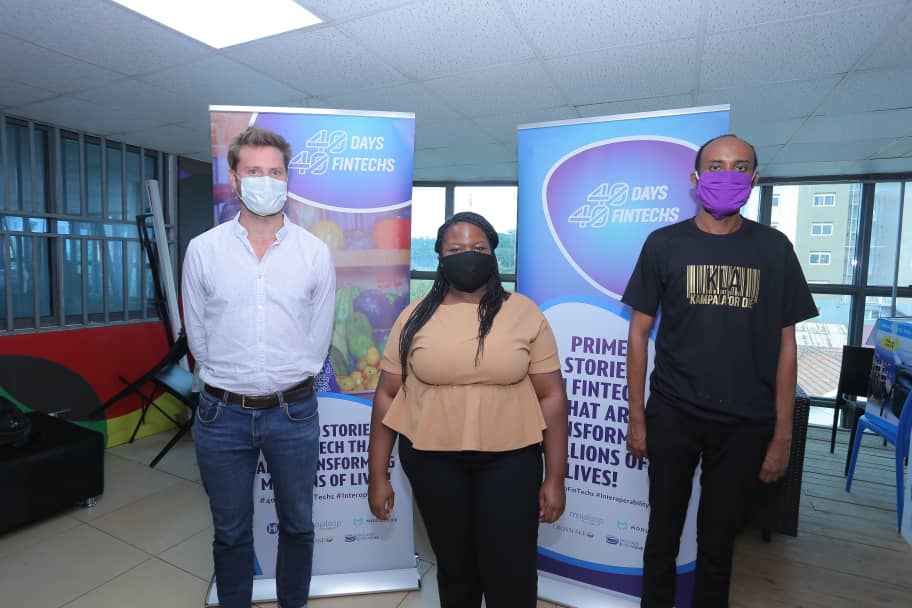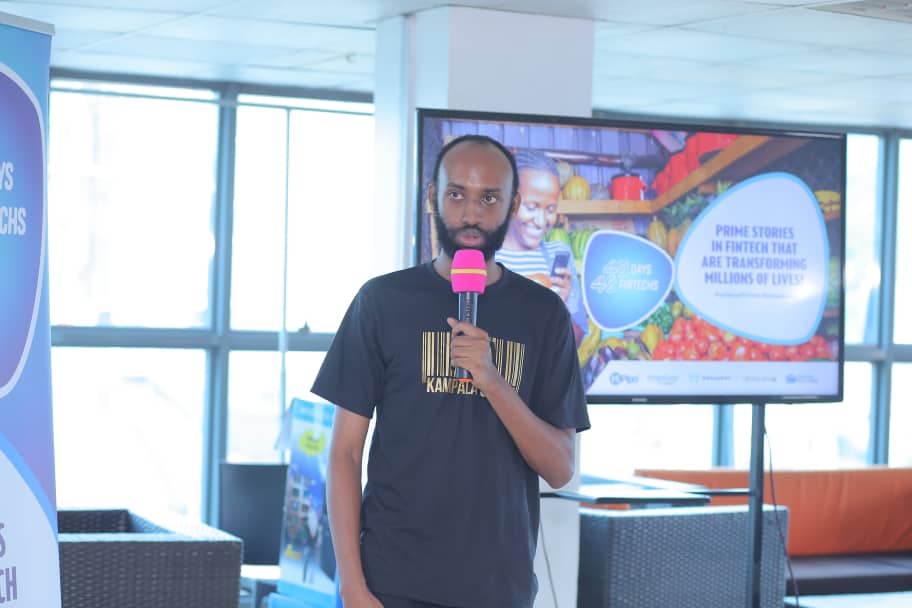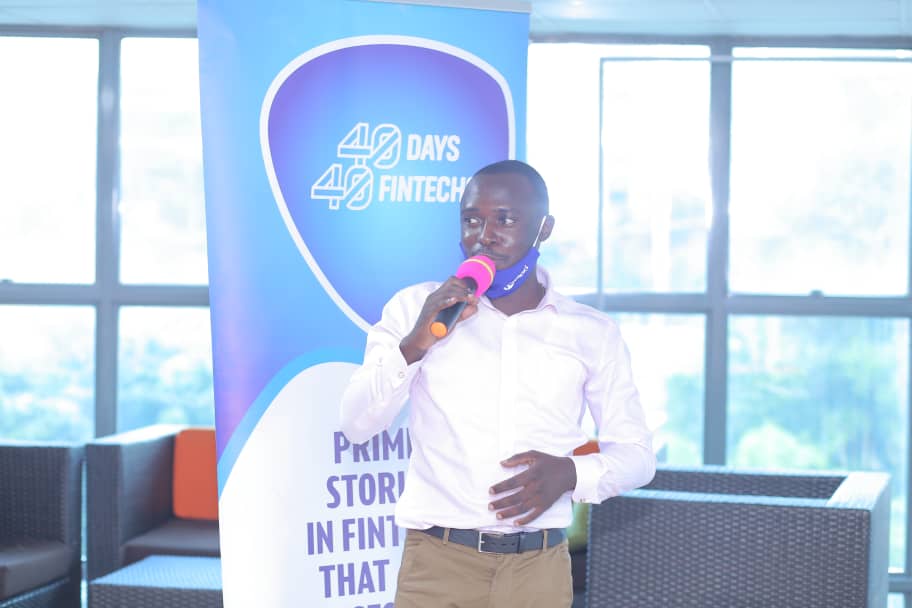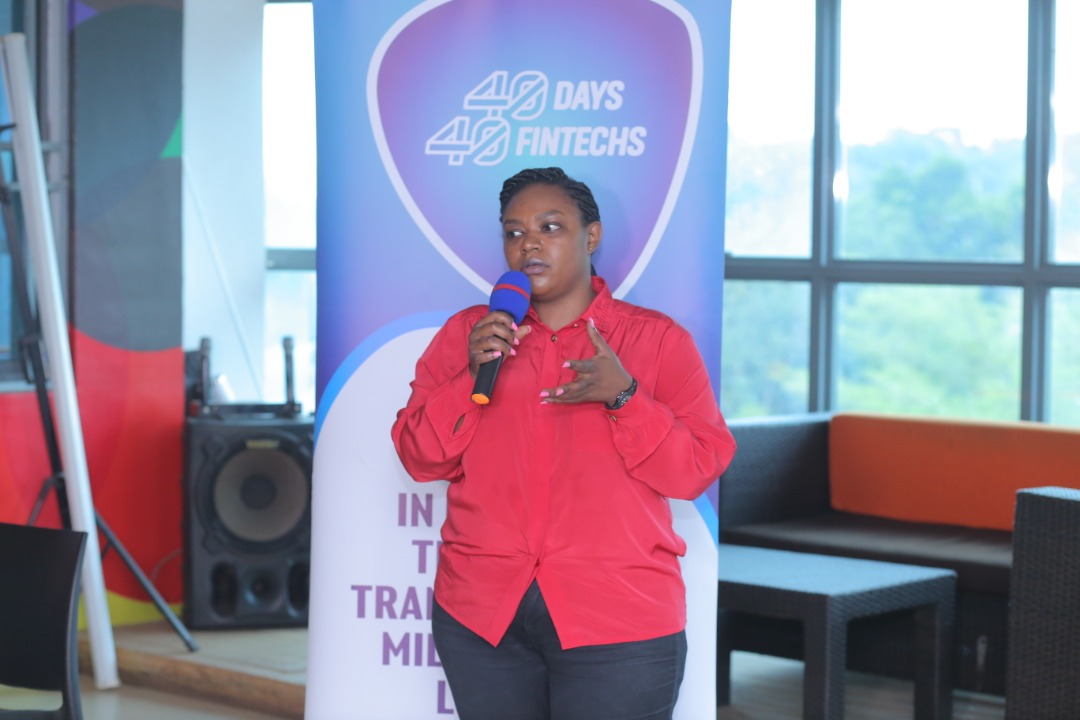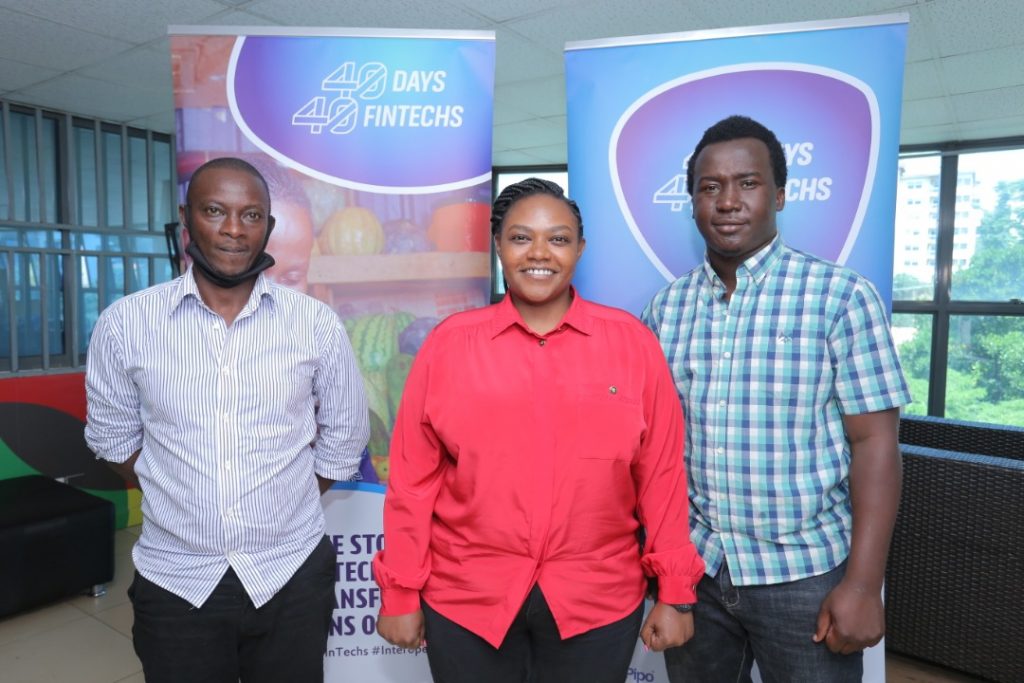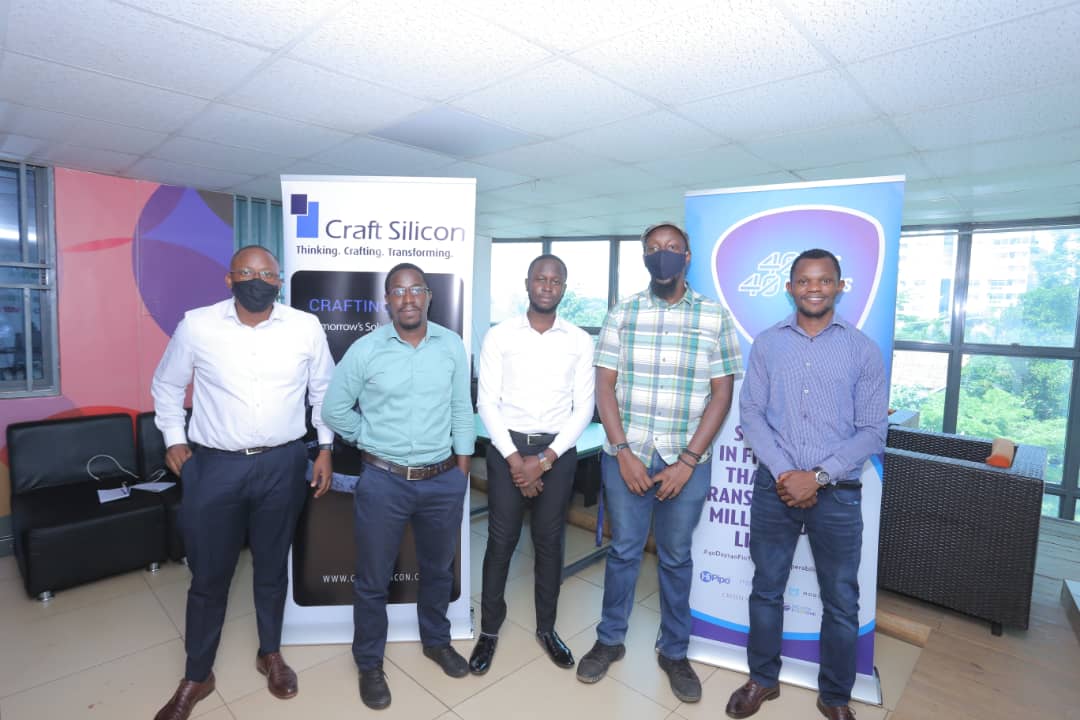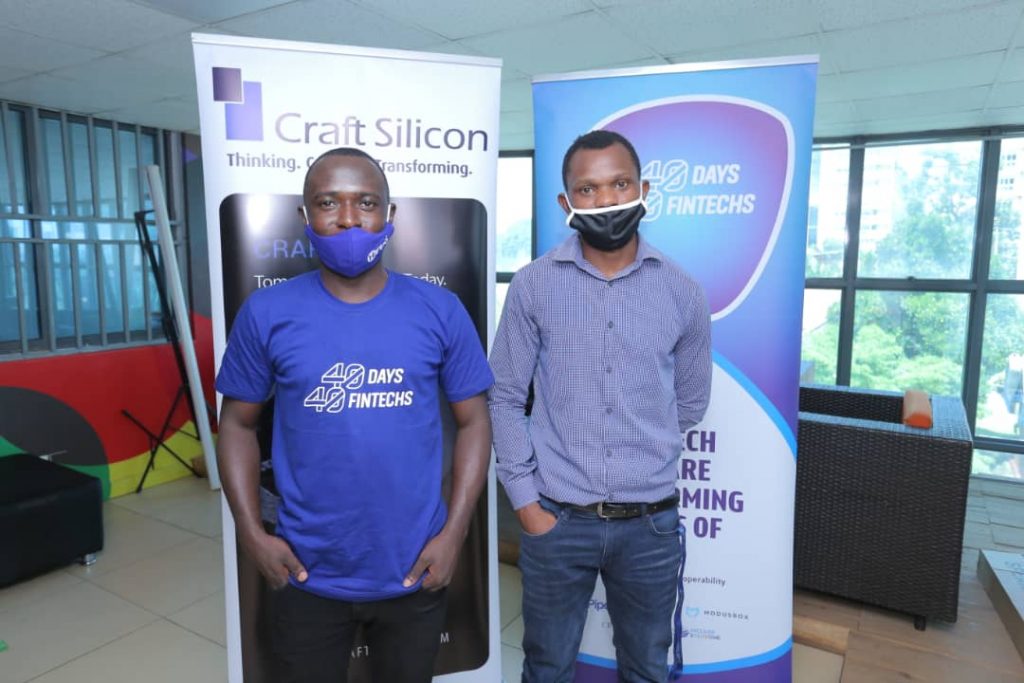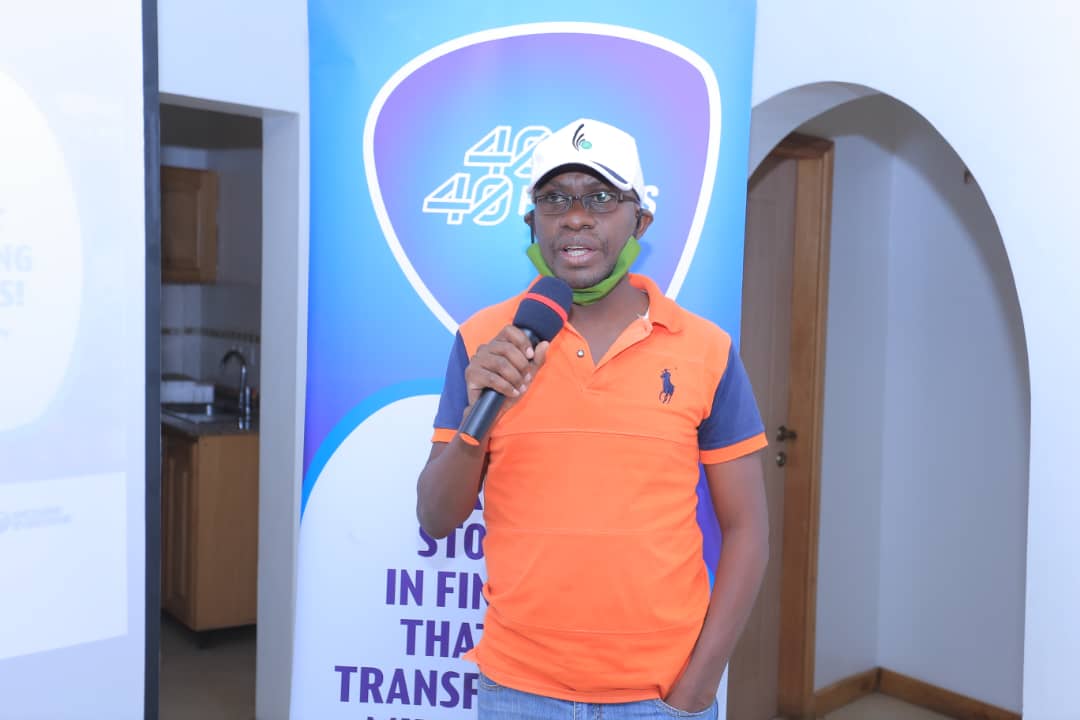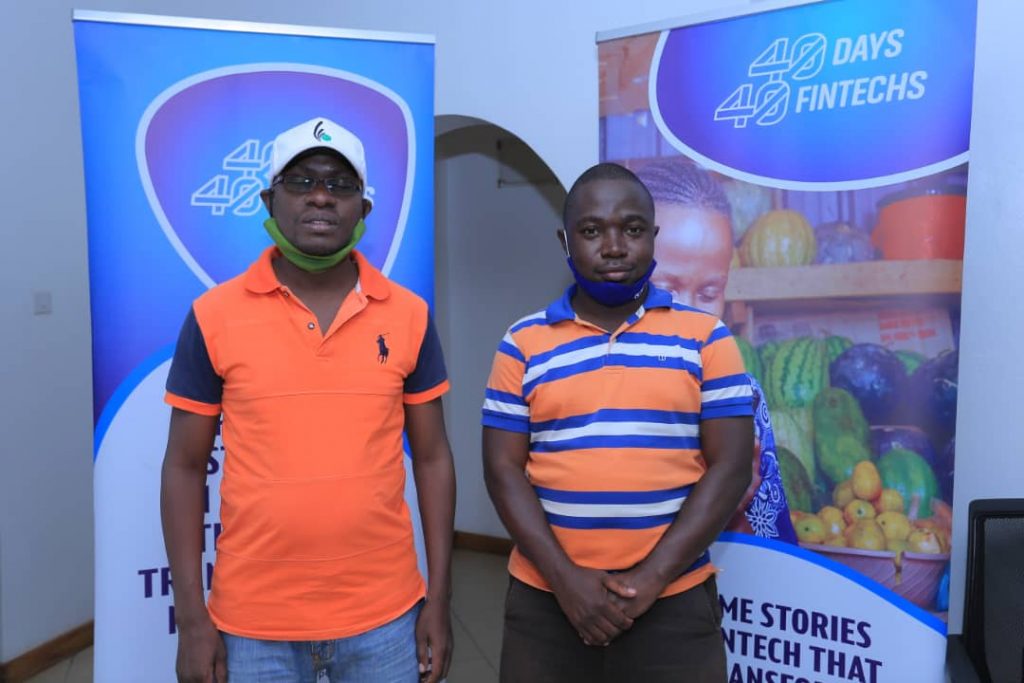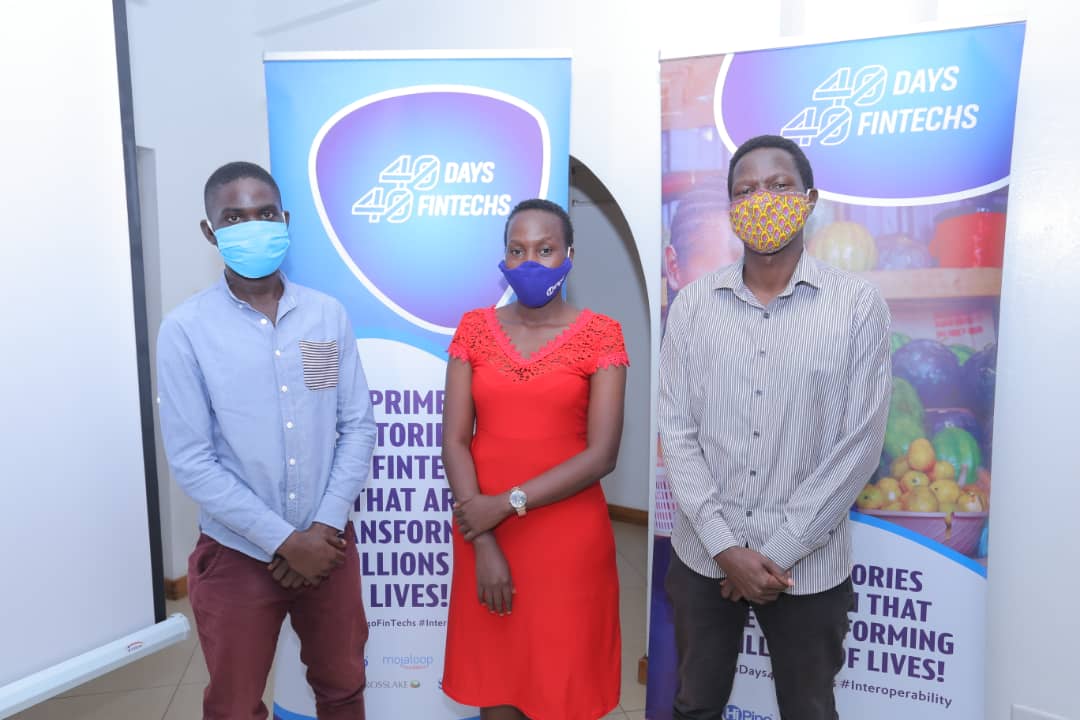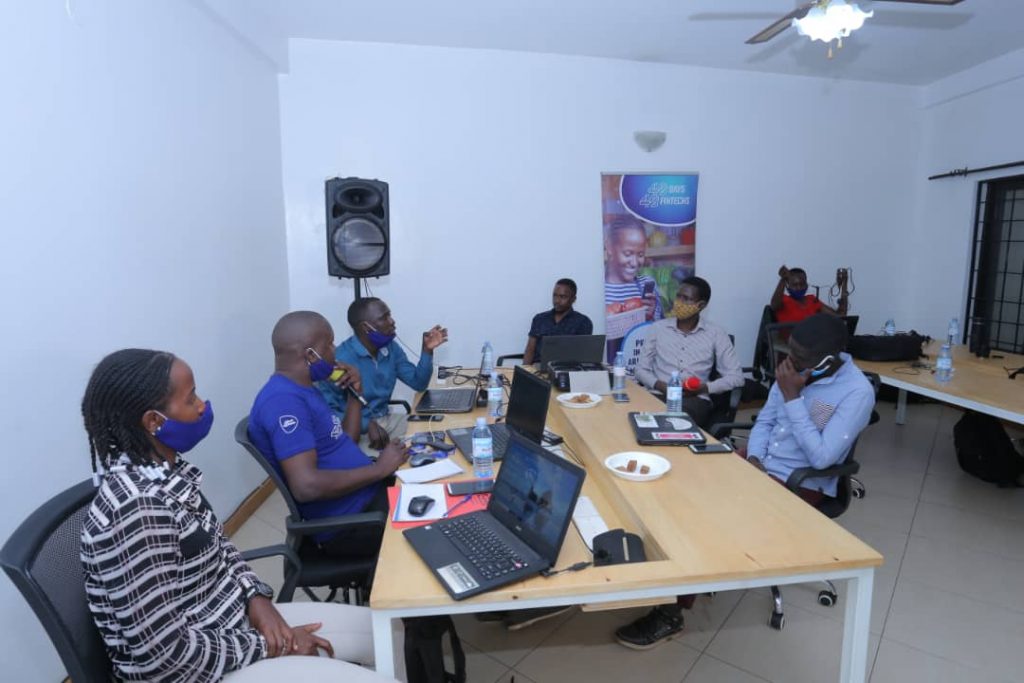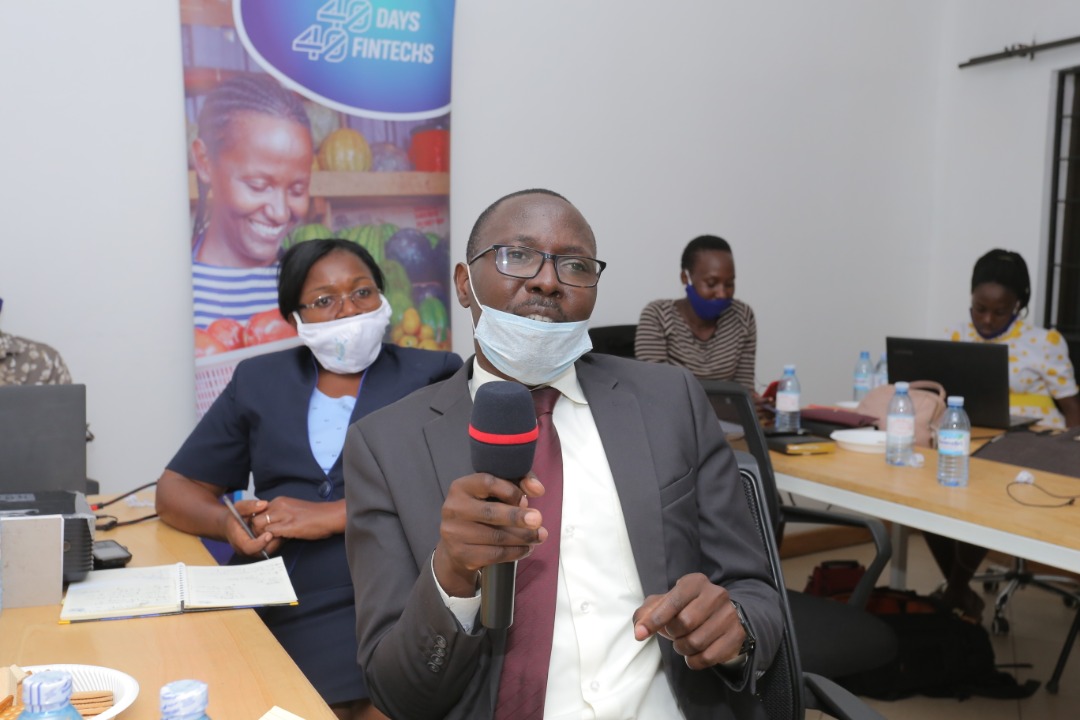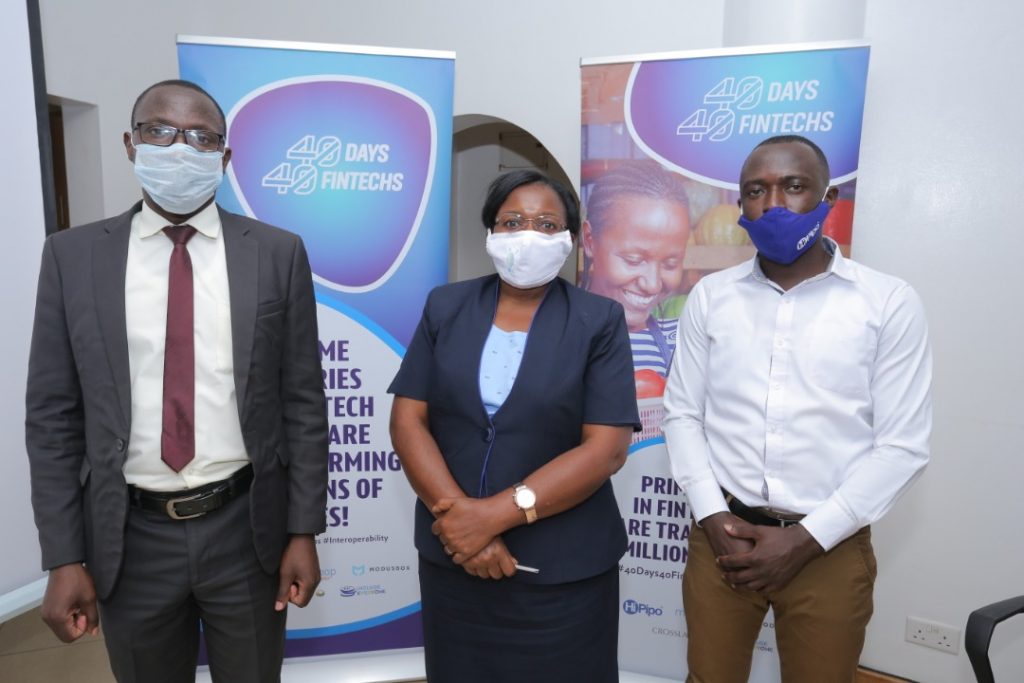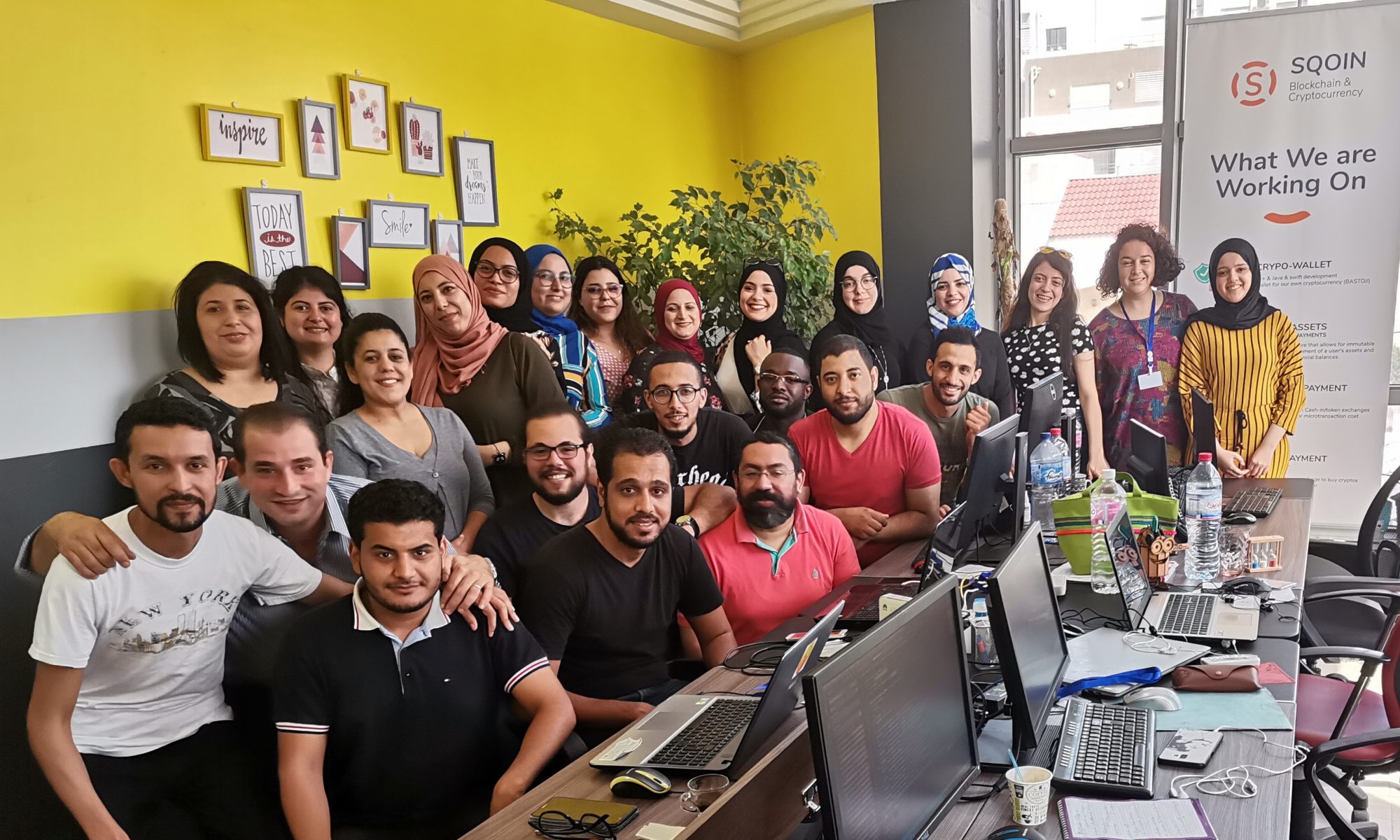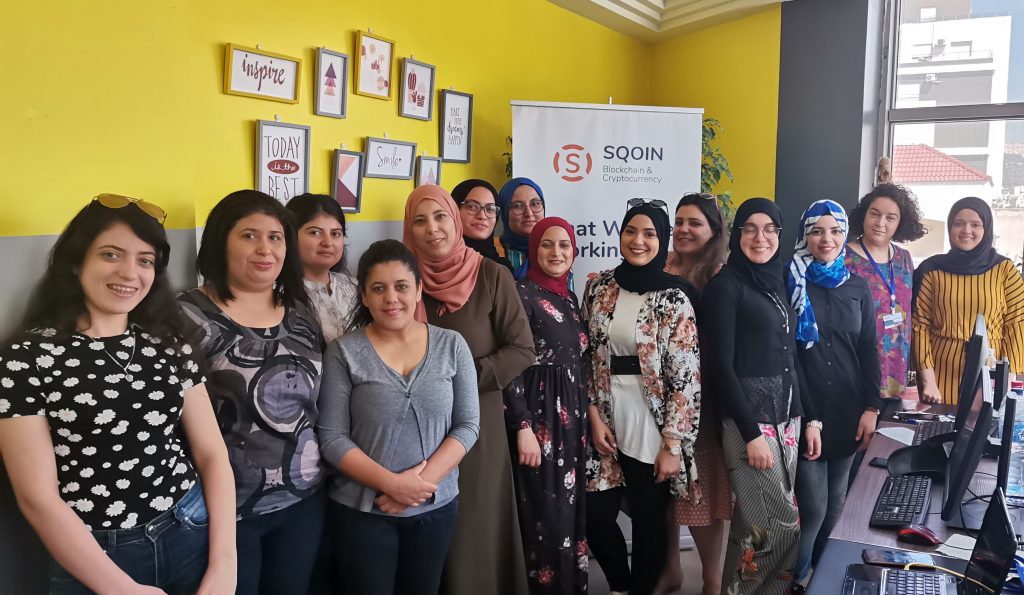Our Reporter.
A growing number of businesses and buyers in Africa are increasingly embracing e-commerce, thanks to COVID-19 that saw governments enforce restrictions on people movement to control the spread of the deadly virus.
The shift to online shopping has not only opened a window of opportunities for businesses to sell within their country but also across borders, necessitating innovative and dependable payment methods.
While some companies have just woken up to this opportunity, Flutterwave, a payments technology company foresaw this coming about three years ago and innovated a platform that supports cross border payments.
The firm was founded by a team of ex-bankers, entrepreneurs and engineers including Iyinoluwa Aboyeji, with a view of providing technology and building digital payments infrastructure for Africa to connect it to the global economy and vice versa and enable businesses receive and make payments across Africa and globally.
The San Francisco headquartered payments Technology Company with operations and offices across Africa and Europe, has over the years focused on revolutionising e-payments across markets, including Uganda, where it launched in 2018.
“One thing we observed as Flutterwave was that Africa had begun going on a journey to solve its payments problem and products like mobile money and M-Pesa were prevalent but there was no one who was able to cover the entire continent.
“So as Flutterwave, we embarked on a journey to build one Application Programming Interface (API), that could set all payments methods; today, if you are a client who wants to go across Africa selling across Africa, you don’t have to do various integrations everywhere you go,” Nielsimms Sangho, the Country Lead at Flutterwave Uganda, said.
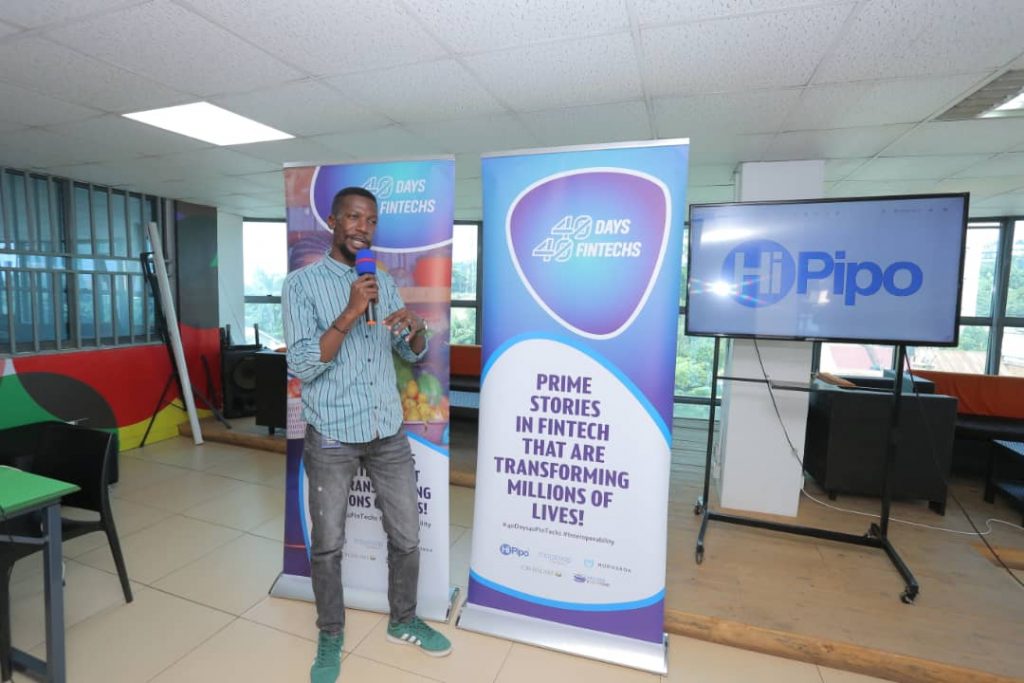
He explained that while a buyer in Uganda could see a product online they were interested in being sold in a different market like Nigeria, they could not buy it because there was no way a payment could be effected. That has, however, since changed, thanks to the Flutterwave payments gateway that facilitates that.
The firm operates in over 45 countries, including Nigeria, Uganda, Kenya, Ghana and South Africa, among others.
Solutions offered
Flutterwave offers several solutions including checkout, a solution that gives users an easy way to collect payments from their customers anywhere in the world, via web or mobile and a cash issuing and management solution, which helps businesses create and manage virtual cards on their card issuing platforms.
The other solutions are a Flutterwave store, which helps businesses sell online, Flutterwave invoicing which helps businesses create professional invoices easily, get paid and track payments and a payments links that enable businesses receive payments with ease without a website or integration.
Its flagship product, Rave, which enables merchants to accept payments from cards, bank accounts, and mobile money is being used by over 45,000 merchants in the US, Europe, Asia Pacific, Middle East, and Africa and currently handles at least 2 million transactions per month.
Merchants like Uber, TranferWise, FlyWire, booking.com among others are using the Rave product.
The technology firm has received several prestigious awards including the “Best Technology Platform” awarded by The Asian Banker and the Top 100 Fintech Firms, among others.
Focus on women
Sangho also noted that the firm has a bias for women, across all the markets it operates. As part of its Corporate Social Responsibility, Sangho said that the company gives a seed capital to women-founded businesses.
“We realised that ordinarily, women have not had as much opportunity as men, especially in business in Africa and so we want to hold their hands and give them access to capital. The company also has a great team of women as staff because we believe in giving opportunity to women,” he said.
He, however, explained that they push their products across, irrespective of one’s gender.
About 40-days-40-Fintechs
Flutterwave is among the companies taking part in the 40-days-40-FinTechs initiative that seeks to enable Financial Technology Companies innovate solutions that facilitate cross-network financial transactions at minimal risks to enhance access to financial services.
Running for 40 days, the project will see the participating 40 FinTechs, acquire interoperable development skills to improve access to financial services, using the Mojaloop open source software.
The initiative is being organised by HiPipo, in partnership with Crosslake Tech, ModusBox and Mojaloop Foundation.
The HiPipo CEO Innocent Kawooya said the 40-days-40-FinTech initiative is a unique platform that seeks to advocate and support the digital transformation agenda.
He noted that digital inclusion is very important if any country, especially in Africa, is to achieve financial inclusion.
“One of the important elements for us to consider in the digital transformation story is understanding the entire story that before you have digital inclusion, you will never get anyone achieve financial inclusion in this age and time,” he said.
He also alluded to the need to secure payment platforms, saying that without that, people will lose trust and confidence in the digital payments systems.
“Without cyber security, you cannot achieve full financial inclusion because if there is a lot of fraud and businesses losing money in an ecosystem that is not secure, people will not use it; they will keep it in their bags or assets and in the end, we shall not have money to grow the economy,” Kawooya said.


